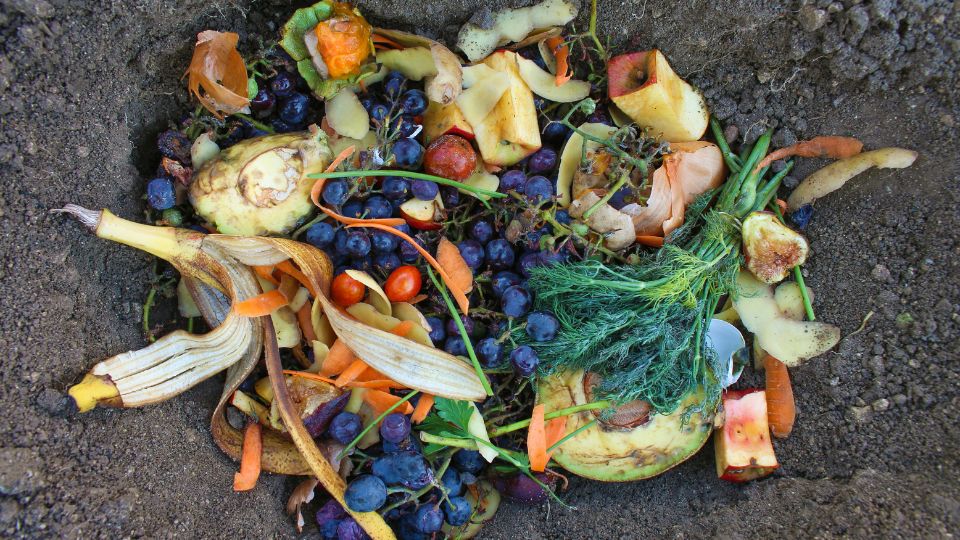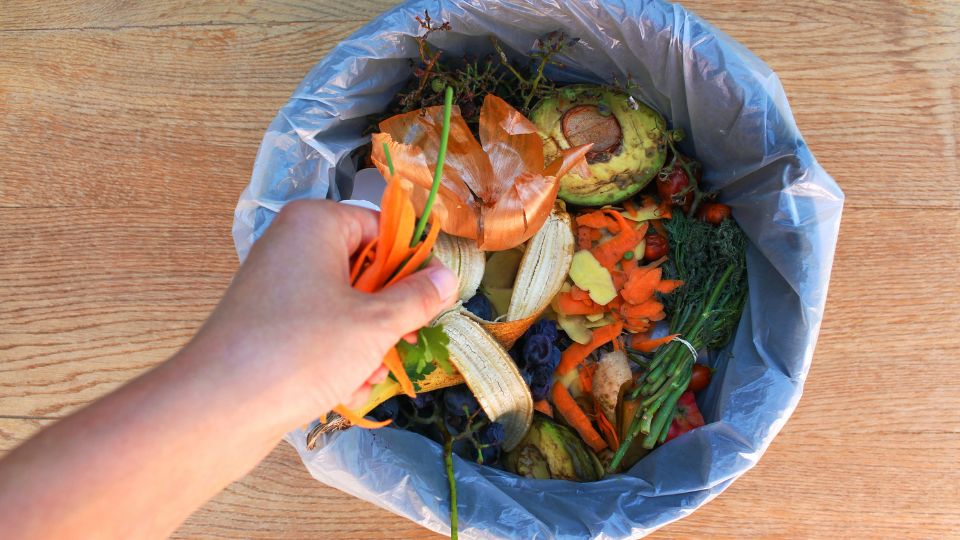
Quick Summary:
- Food waste recycling, including food waste-to-energy and anaerobic digestion, helps UK hospitality businesses meet regulatory requirements and reduce environmental impact.
- Implementing these practices can also lead to cost savings and boost your business’s reputation as a sustainability leader.
Table of Contents
- Understanding Food Waste Recycling
- Food Waste-to-Energy
- Anaerobic Digestion
- Why Compliance is Crucial:
- Implementing Food Waste Recycling in Your Business
- Conclusion
As UK businesses grapple with growing environmental and regulatory pressures it is important to understand food waste recycling and what happens to your food waste.
Recycling food waste is a regulatory requirement and key for stepping your business towards sustainability!
So what happens to food waste when it is recycled correctly?
Here’s a guide on food waste recycling and its benefits, including solutions like food waste-to-energy and anaerobic digestion.
Why Food Waste Recycling Matters
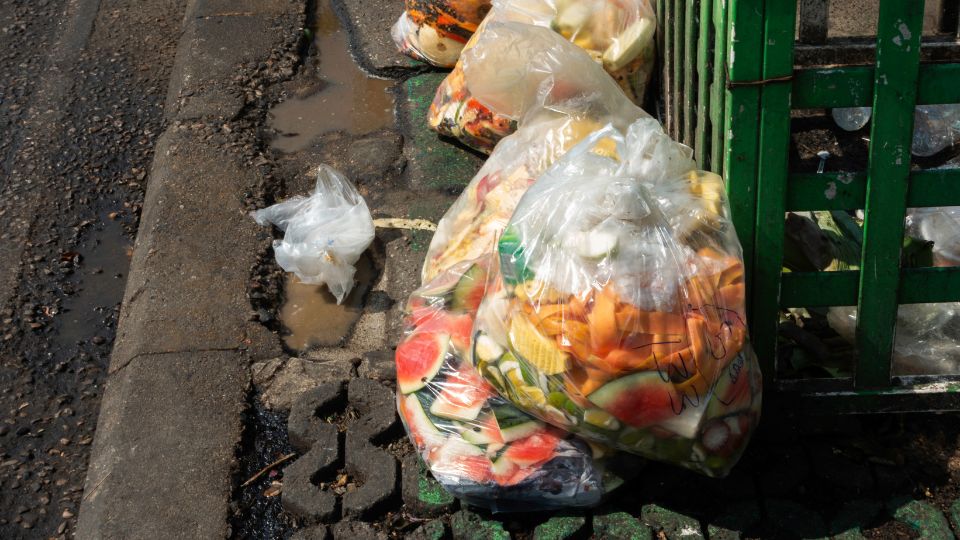
Food waste is an inevitable part of the hospitality industry. However, how you manage it can significantly impact your business’s environmental footprint and operational efficiency.
Recycling food waste means you are following laws and guidelines in the UK.
In March 2025 there will be a food waste legislation implemented in the UK which will require businesses to separate food waste from general waste.
Businesses can save up to £7,000 a year when they recycle food waste instead of sending it to landfill!
Understanding Food Waste Recycling
Food waste recycling involves collecting food scraps and processing them into valuable resources rather than sending them to landfills.
This process helps divert large quantities of waste from landfill sites, reducing greenhouse gas emissions and conserving natural resources.
Key Benefits of Food Waste Recycling:
- Environmental Impact: Reduces methane emissions from landfills and decreases pollution.
- Resource Conservation: Recycles organic waste into compost or energy, closing the loop on waste.
- Regulatory Compliance: Adheres to UK waste management regulations, avoiding potential fines and penalties.
- Cost Savings: Reduces disposal costs and can even generate revenue through recycling programs.
Food Waste-to-Energy
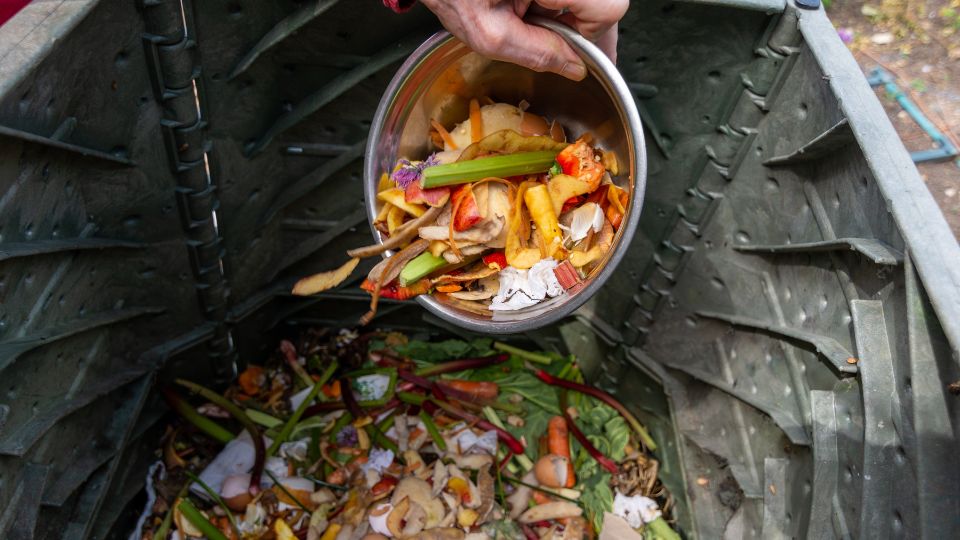
Food waste-to-energy is an innovative method where food waste is converted into renewable energy.
This process involves anaerobic digestion, which uses microorganisms to break down organic materials in the absence of oxygen, producing biogas that can be used for electricity or heating.
How It Works:
- Anaerobic Digestion: Organic waste is placed in a sealed, oxygen-free environment where bacteria decompose it, producing biogas and digestate. The biogas can be captured and used as a renewable energy source, while the digestate can be used as a nutrient-rich fertiliser.
Benefits of Food Waste-to-Energy:
- Energy Production: Generates renewable energy, reducing reliance on fossil fuels.
- Waste Reduction: Minimises the volume of waste sent to landfills.
- Sustainability: Supports a circular economy by turning waste into useful products.
Anaerobic Digestion
Anaerobic digestion is a key technology in food waste recycling. It involves breaking down organic waste in an oxygen-free environment to produce biogas and digestate.
Process Overview:
- Collection: Food waste is collected and transported to a digestion facility.
- Digestion: Waste is broken down by microorganisms in large, sealed tanks.
- Energy Production: Biogas is collected and used to generate energy.
- Digestate: The remaining material is processed into compost or fertiliser.
Advantages for Businesses:
- Energy Efficiency: Reduces energy costs by producing renewable energy.
- Regulatory Compliance: Meets UK regulations on waste management and sustainability.
- Environmental Responsibility: Demonstrates commitment to reducing carbon footprint and environmental impact.
Why Compliance is Crucial:
- Legal Requirements: Avoid legal issues and financial penalties by adhering to waste management laws.
- Public Image: Showcase your commitment to sustainability and attract environmentally-conscious customers.
- Operational Efficiency: Streamline waste management processes to reduce costs and improve overall efficiency.
Implementing Food Waste Recycling in Your Business
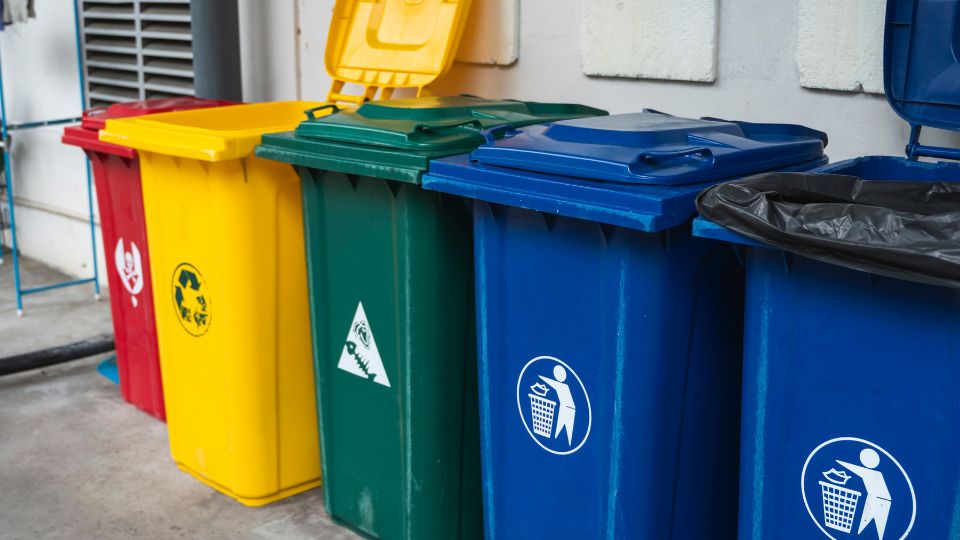
Conduct a Waste Audit: Assess the amount and type of food waste generated.
Choose a Recycling Solution: Select a recycling method that suits your business needs—whether it’s a local food waste recycling program or a food waste-to-energy facility.
Train Staff: Educate your team on proper waste segregation and recycling practices.
Monitor and Improve: Regularly review your waste management practices and make improvements as needed.
Conclusion
Food waste recycling is a vital component of modern business operations.
By understanding and implementing effective food waste recycling practices, including food waste-to-energy and anaerobic digestion, you can contribute to a more sustainable future.
For more information on food waste recycling and to explore your options, contact us!
Get a quote today!


